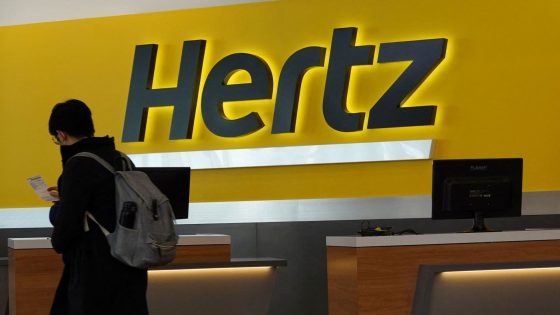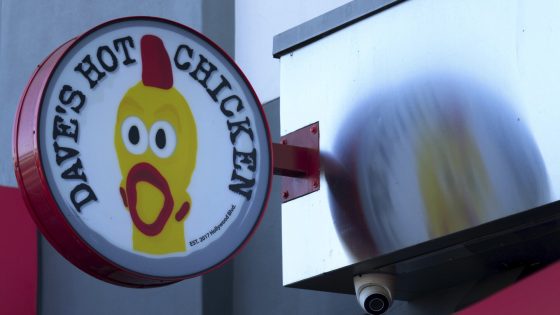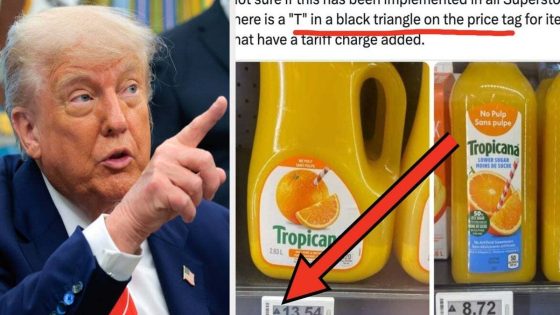DETROIT — Hertz Global is facing significant challenges as its shares plummeted following disappointing first-quarter earnings and a $250 million stock offering. This downturn has raised concerns among investors about the company’s future, especially as it reported a loss per share of $1.12, exceeding analysts’ expectations of 97 cents.
- Hertz shares dropped over 20% post-earnings.
- Disappointing loss per share of $1.12 reported.
- $250 million stock offering announced for deleveraging.
- Revenue fell 13% year-over-year due to fleet reduction.
- Company focusing on cost and fleet optimization.
- Positive vehicle sales amid strong residual market.
As of 2025-05-13 19:55:00, Hertz’s stock was down over 20% during early trading, reflecting investor anxiety over declining automotive revenue and a strategic shift to reduce fleet size. The company aims to optimize vehicle utilization amid lower bookings and external pressures like auto tariffs.
Investors are questioning whether Hertz can successfully navigate its “Back-to-Basics Roadmap” amid these challenges. Will the company’s strategy to reduce fleet size and improve profitability resonate globally? Key points to consider include:
- Global rental car demand is fluctuating, influenced by economic conditions and consumer sentiment.
- Tariffs are impacting vehicle prices, affecting rental companies worldwide.
- Hertz’s stock performance may signal broader market trends in the automotive sector.
- Investor confidence is crucial for companies navigating financial turbulence.
Looking ahead, Hertz must adapt its strategies to not only recover but thrive in a competitive global market. Stakeholders should monitor these developments closely, as they may influence the broader rental and automotive industries.

































